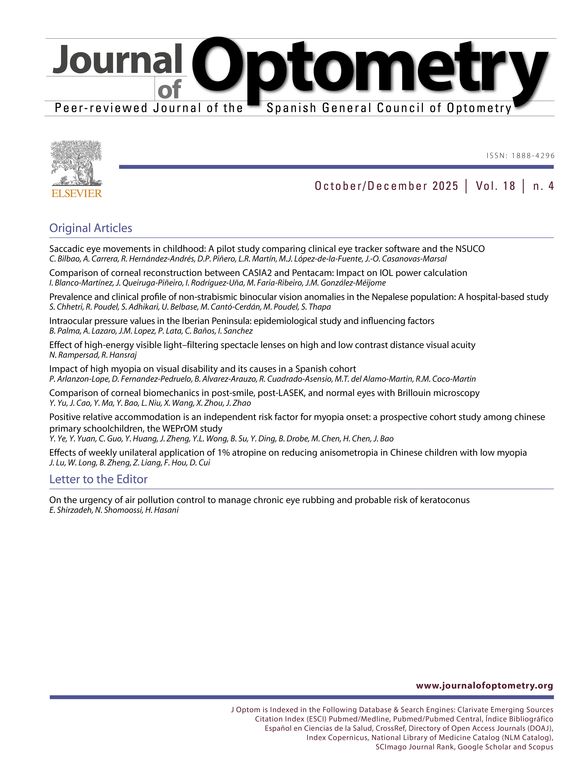The core of the editorial process is the peer-review, which is not a perfect procedure and it has several identified defects.1 One of its main current weaknesses is the selection of the reviewers, as not all of them are equally skilled, and very few are formally trained in the assessment methods for peer-review.2 Furthermore, it should be considered that the performance of a good review takes time, dedication that is not paid and that can be frustrating and not motivating for researchers with large amounts of work and a lot of pressure to justify their productivity. For this reason, the editorial team must act also as a filter and to check if the reviews provided are adequate as well as to motivate and recognize the work from the good reviewers.
A good reviewer should provide an objective, instructional and reliable evaluation, including critical comments to help the authors to improve their manuscript, indicating the novelty or significance of the work performed and the flaws of the study, suggesting changes to overcome them. This evaluation must be well-written, being polite and honest with the authors.3 However, it is not strange to find biased reviews that may interfere with a normal development of the peer-reviewed process. There are rude reviews that are discouraging, insulting and not useful for the authors as they are destructive.4 These reviews normally offer condescending or offensive comments, urging the authors to include citations of their own work.4 There are many factors that can explain these rude reviews (also called toxic reviewers), such as conflicts of interest, prejudices, lack of humility, the nationality of authors and even the gender.4 Jiménez-García et al5 recently published the results of an observational retrospective database study demonstrating that significant differences were present in both review and acceptance times for first autor female or last autor female papers.5 All these factors are inaceptable and this practice must be completely blocked by the editors. This cannot be tolerated anymore as authors dedícate large amounts of time to prepare their works and they deserve a fair evaluation although the final decision is negative.
Researchers should not be discouraged after receiving a rude peer review and they must reply to the editor explaining the poor accuracy of the review.6 This is especially critical when the decision on the paper is rejection considering one of these reviews, with favorable comments from the other reviewers. This can even considered as a not recomendable editorial practice. The editor is responsable for the detection of this type of reviews and should ask for a new evaluation from another reviewer or to ask the previous reviewer to correct the unfriendly tone. These rude reviews can create psychological distress, leading to self-doubt, impaired performance, and delayed career advancement.4,7
In Journal of Optometry, these undesirable situations are avoided as we have full respect to authors and reviewers make an extremely valuable and honest work. Respect is the key for any succesful interaction between humans that is aimed to provide a succesful outcome. Any editorial decision must be communicated after a reliable objective analysis, not biased by any previous personal assumption or feeling and must be communicated in a polite and respectful tone, even if the decision is rejection and the quality of the paper is limited. Let's convert the peer-review process in a responsible and reliable act. In the future, specific standards of formal and ethical writing should be created and approved for peer-review. These standards should be maintained throughout the review process of any submitted paper in any particular journal.
No conflicts of interest.








